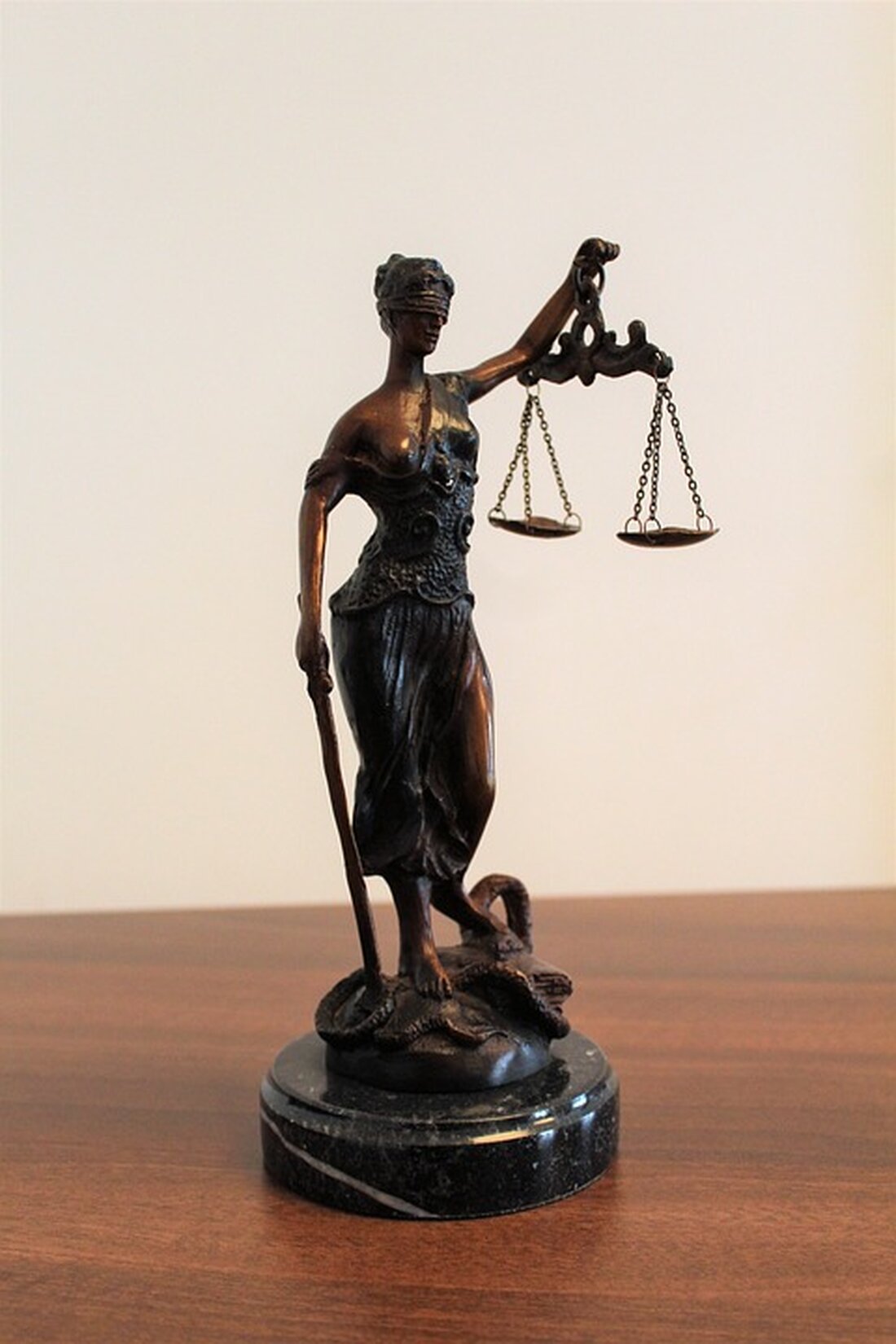Act 22 in Puerto Rico: Tax empties lead to increased inequality and protests
Act 22 in Puerto Rico: Tax empties lead to increased inequality and protests
The tax policy of Puerto Rico, known as ACT 22, was introduced with the hope of promoting investments in the country and bringing advantages to the residents. Unfortunately, this policy has not proven to be advantageous and even worsened in the inequality in Puerto Rico.
The MEP Nydia Velazquez asked the Federal Government to serve a serious analysis of the effects of ACT 22 on the population of Puerto Rico.
A conversation between the lawyer Carlos Ortiz and a US public prosecutor shows that the authorities take measures both at the federal level and in Puerto Rico to combat possible tax offenses. Ortiz quoted the US public prosecutor with the words: "The loop is pulling closer".
since 2012, when the tax program was introduced in Puerto Rico, over 5,000 Americans have been relocated to the country. One of the main advantages of this program is saving federal income taxes. On the island, residents do not have to pay federal taxes on locally generated income and receive a 100 percent liberation of dividends and a 60 percent liberation of local taxes. Companies can also reduce the tax to dividends and only pay an export tax of 4%.
However, the prerequisites for benefiting from these tax benefits are quite strict. New residents have to prove that they live on the island at least 183 days a year and that Puerto Rico is their “tax -based home”. These strict rules have led to some people tried to falsify their numbers and cheat on their tax returns.
Some prominent personalities have moved to Puerto Rico for tax reasons, including Peter Schiff, a well-known gold investor, and Michael Terpin, a crypto investor. However, Schiff had problems with the supervisory authorities of Puerto Rico, which his bank closed due to net capital problems. Terpin, on the other hand, praised the tax benefits in Puerto Rico at a Bitcoin conference and explained that he was not afraid of a tax check.
The Puerto Rico tax program has both supporters and opponents. While the wealthy welcomes the advantages of tax reliefs, critics see the new wealthy residents as "low-tax colonizers" who raise the cost of living.
The effects of act 22 on Puerto Rico are controversial and require a precise analysis to understand the actual advantages and disadvantages for the country's population.


Kommentare (0)